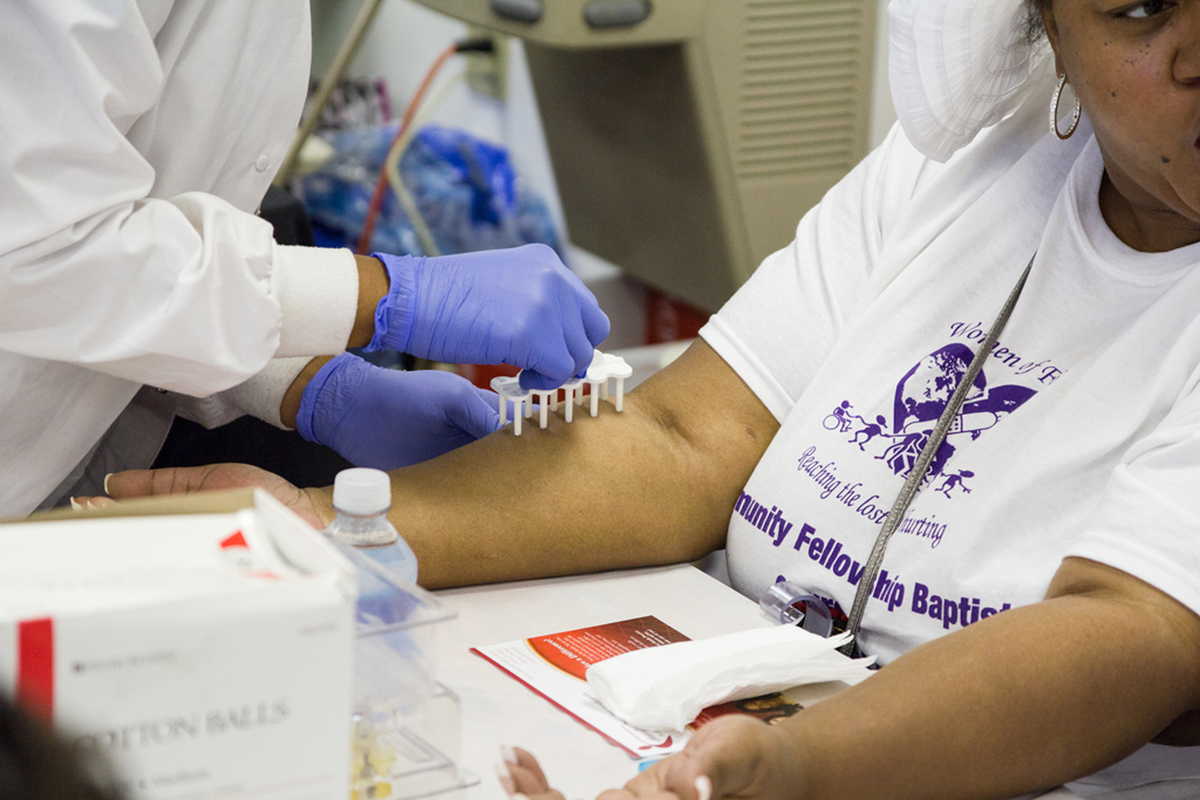Table of Contents
Allergy Testing
Whether you have a good idea of what you are allergic to or not, an allergist can help. Allergists are doctors who specialize in diagnosing and treating allergic reactions. There are different tests allergists may do to confirm the diagnosis.

Allergy skin tests involve injecting a small amount of a suspected allergen under the surface of the skin. If you are allergic to the substance injected, a small, localized reaction will occur, such as redness or itching. Because a small amount is injected, a systemic or whole body reaction does not usually occur.
In some cases, your doctor may also order a certain type of blood test, which can help confirm a diagnosis to a specific allergen. The test is called a radioallergosorbent test or RAST. It measures the amount of immunoglobulin E antibodies in the bloodstream. Your allergist will decide if both skin tests and blood tests are needed to make an accurate diagnosis.
Allergy Treatment Options
Once you and your doctor know what you are allergic to, a treatment plan can be developed. In some instances, you may be able to avoid contact with the allergen. For example, if you are allergic to certain perfumes or chemicals in detergents you may be able to avoid them and prevent symptoms.
There may also be ways you can reduce exposure to allergens. For example, having proper ventilation in areas that can get damp, such as the bathroom, can reduce mold growth. Frequent washing of bedding and vacuuming may help decrease dust and pet dander.
But not all allergens can be avoided at all times. For example, if you are allergic to dust, it may be impossible to reduce all exposure to dust all the time. Your doctor may recommend different allergy treatments depending on what you are allergic to and the severity of your symptoms.
The goal of this type of treatment is for an individual to develop a tolerance to the allergen. Once they are desensitized to the allergen and buildup a tolerance to it, it no longer causes an allergic reaction. After a tolerance is reached, maintenance shots may still be needed. Your doctor will determine how often shots are required.
See Also: Immunotherapy (Allergy Shots) as Long Term Allergy Relief
Over the counter allergy medication may be recommended, especially if allergies are seasonal and mild. Prescription allergy medication may also be used in some instances. Both over the counter and prescription medications do not cure allergies, but they can treat symptoms. Common medications used include decongestants, antihistamines and steroids.
For people who have had severe allergic reactions in the past, their doctor may recommend carrying emergency epinephrine. Usually epinephrine for allergies can be carried in a premeasured device, which is easily injected. Epinephrine works by opening up your airways and helping you breathe easier.
- www.aaaai.org/conditions-and-treatments/allergies.aspx
- www.mayoclinic.org/diseases-conditions/allergies/basics/definition/con-20034030
- fooddrugallergy.ucla.edu/body.cfm?id=40
- Photo courtesy of Giles Douglas by Flickr : www.flickr.com/photos/orangelimey/2293506192
- Photo courtesy of John Ramspott by Flickr: www.flickr.com/photos/jramspott/7355392734


Your thoughts on this